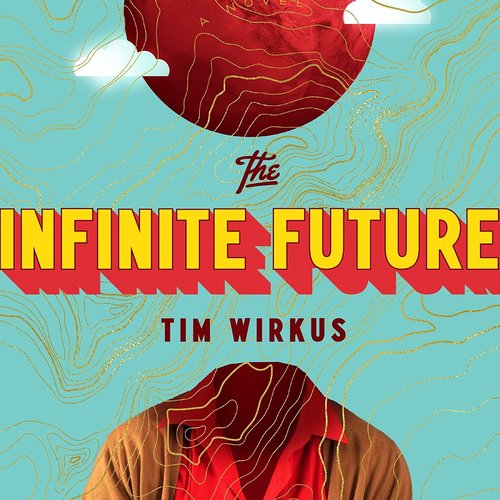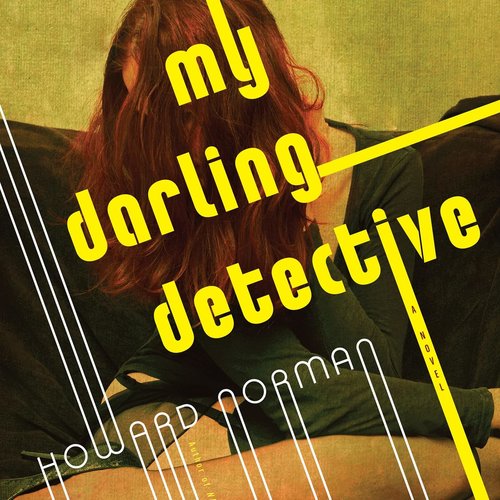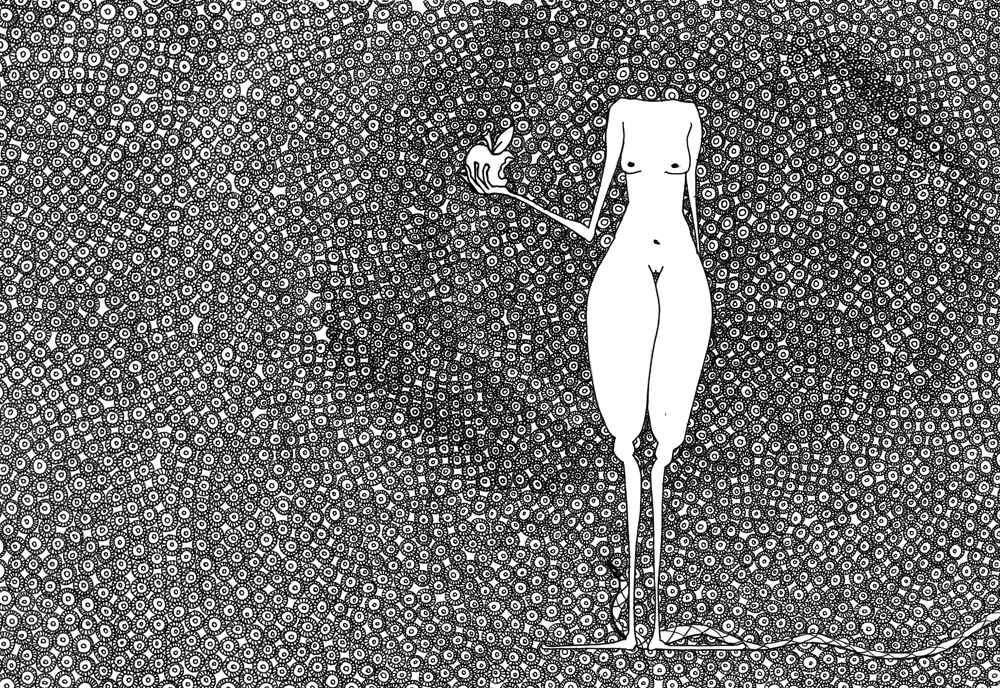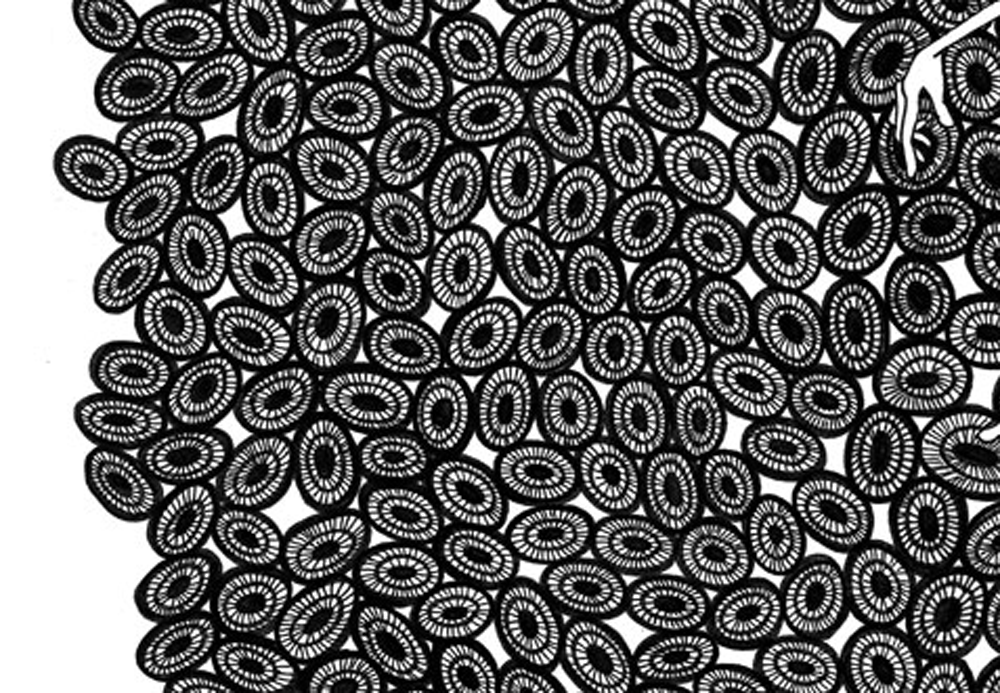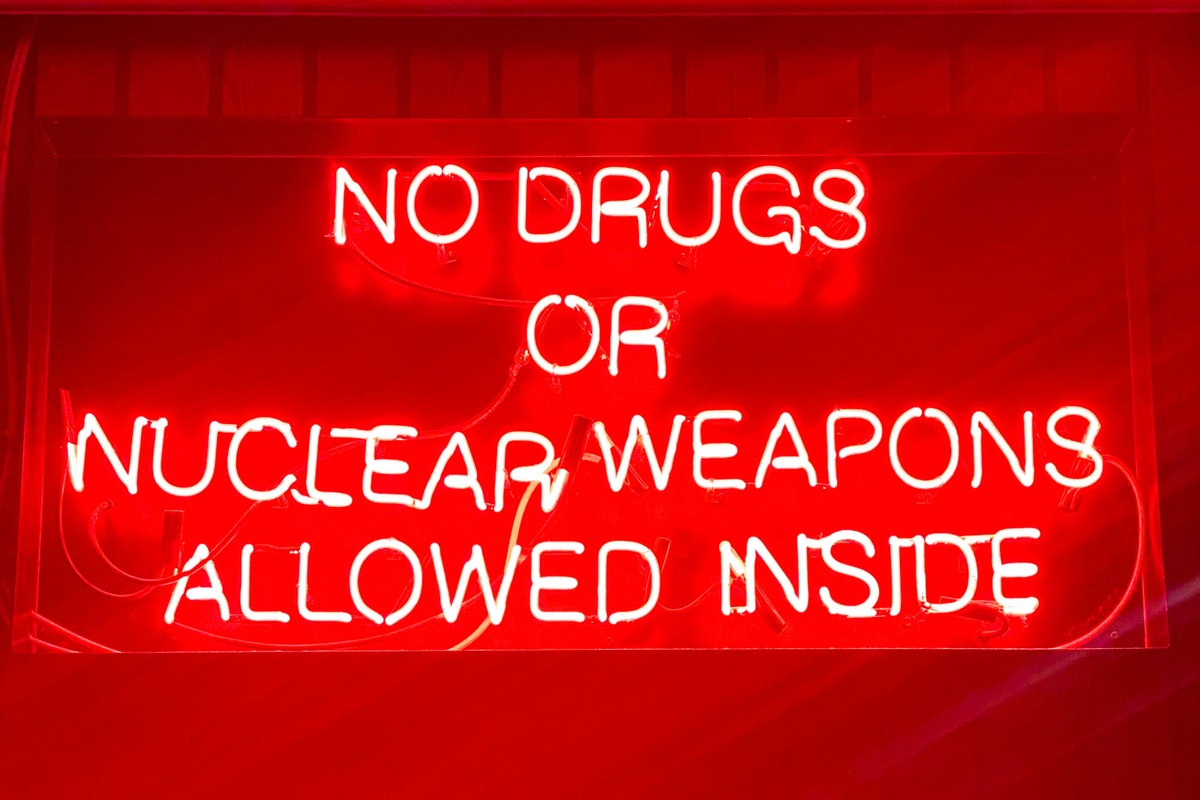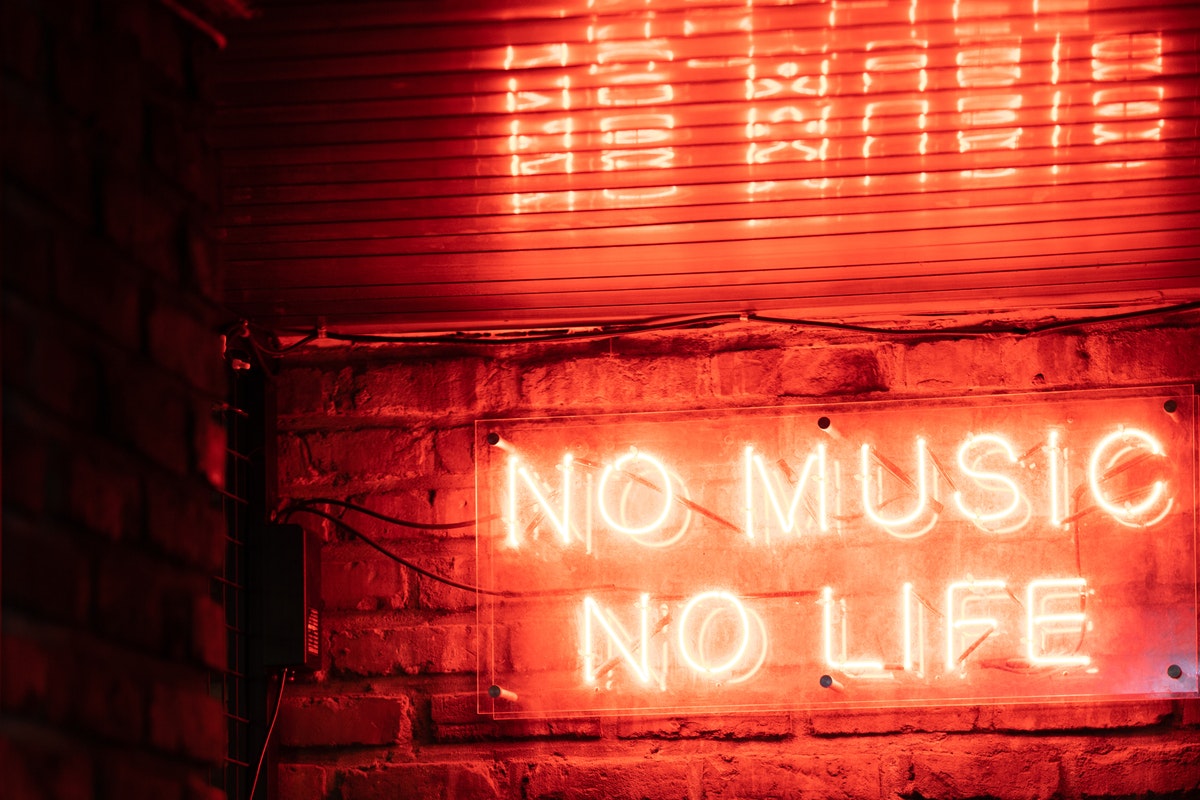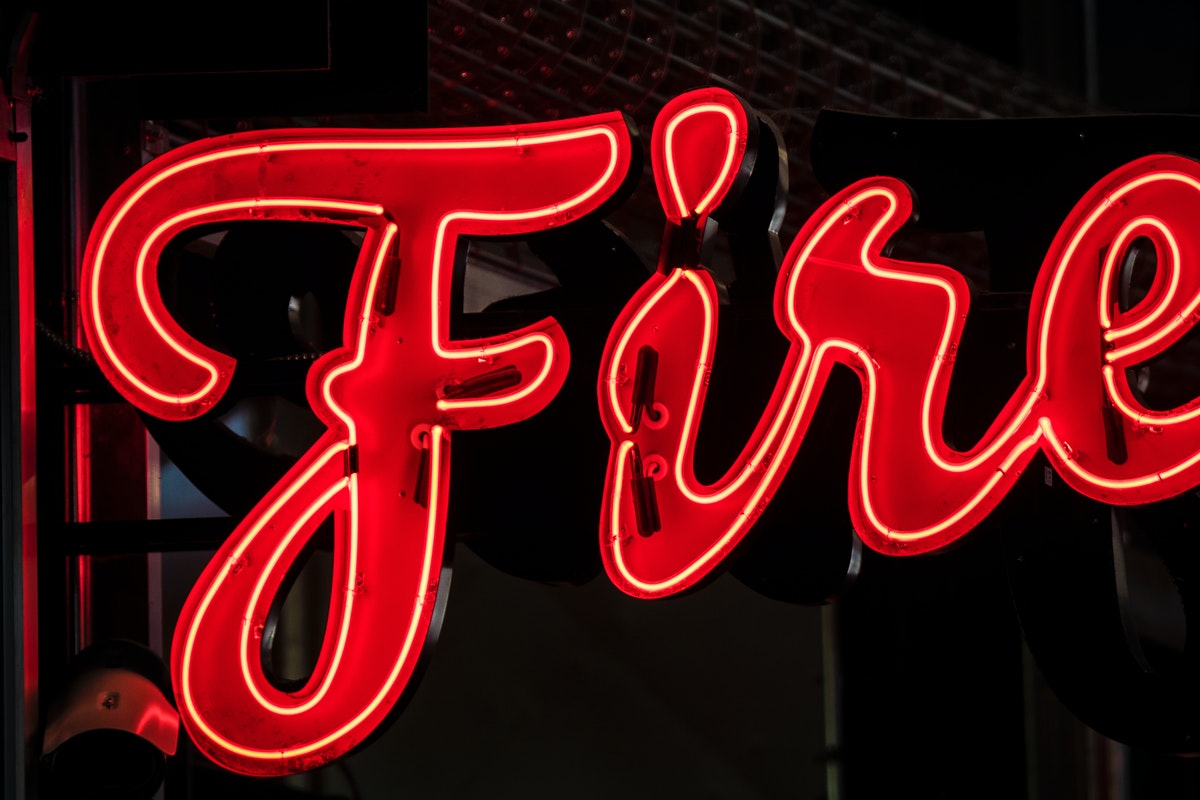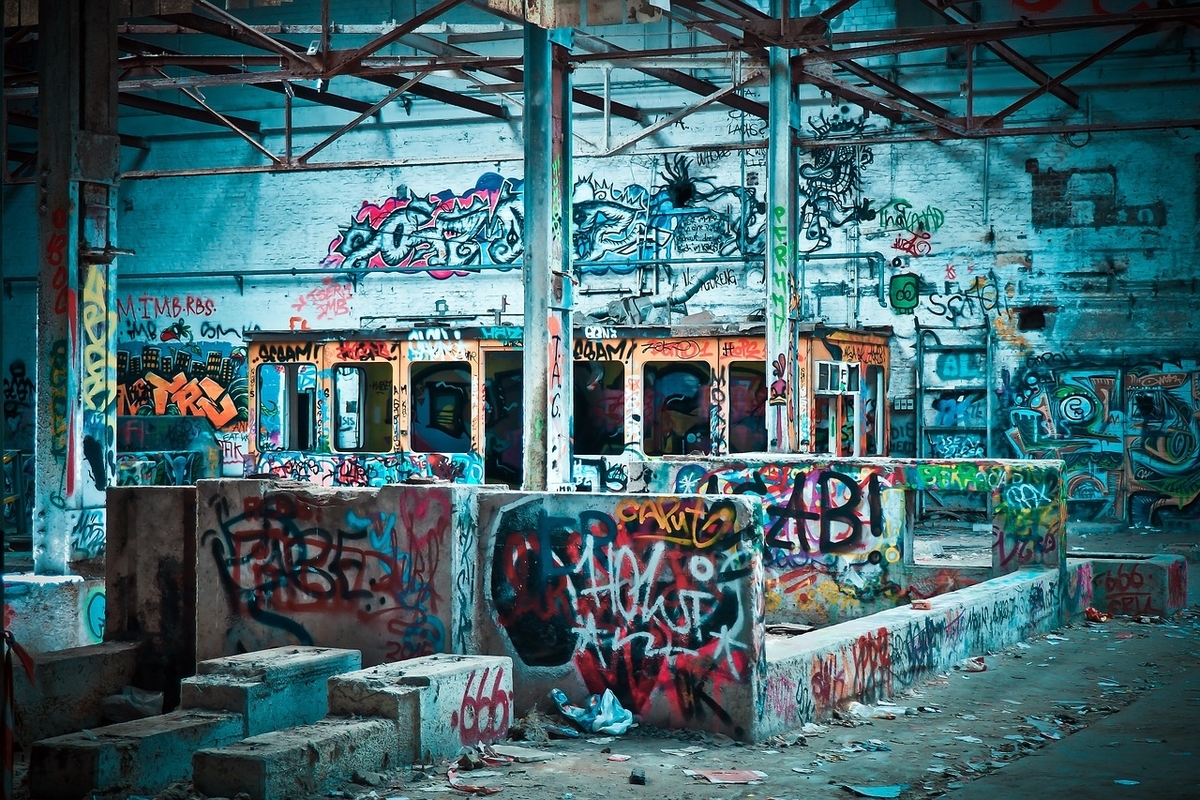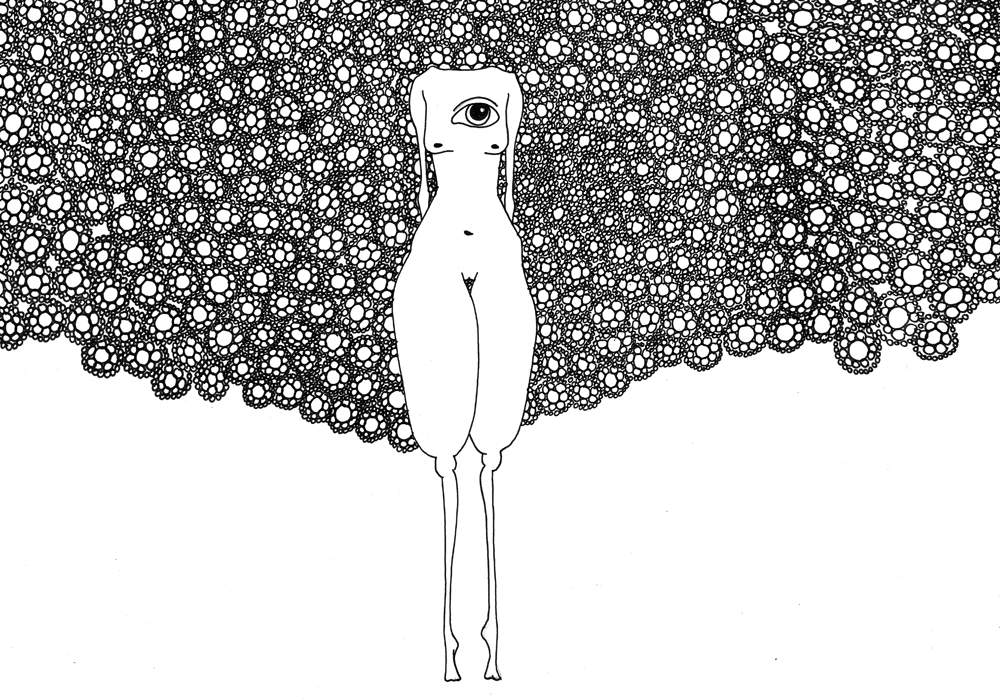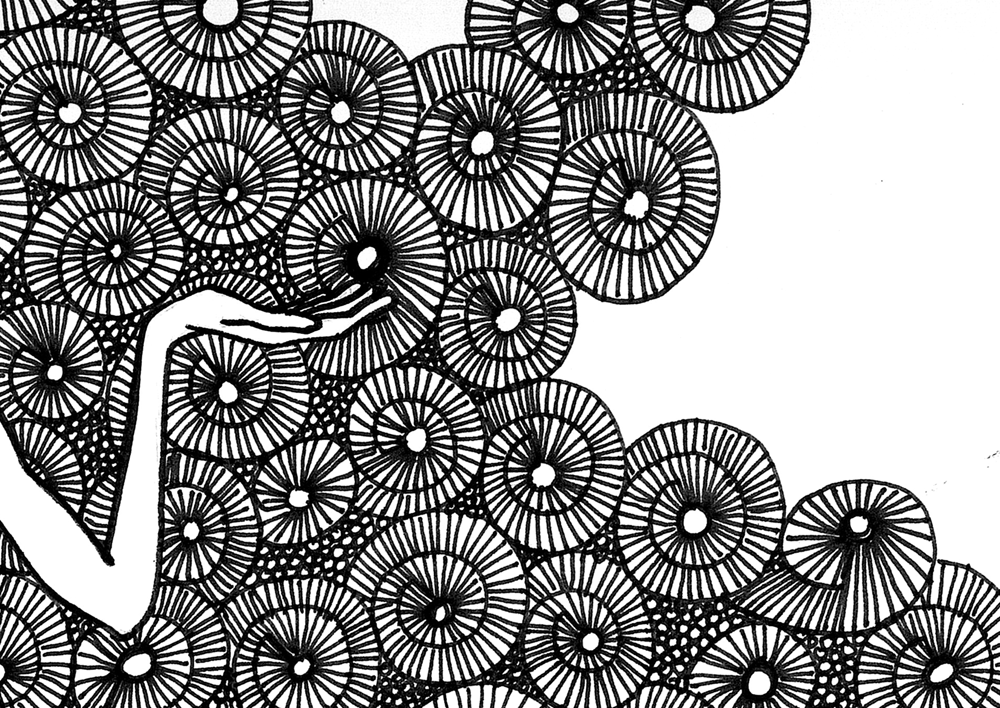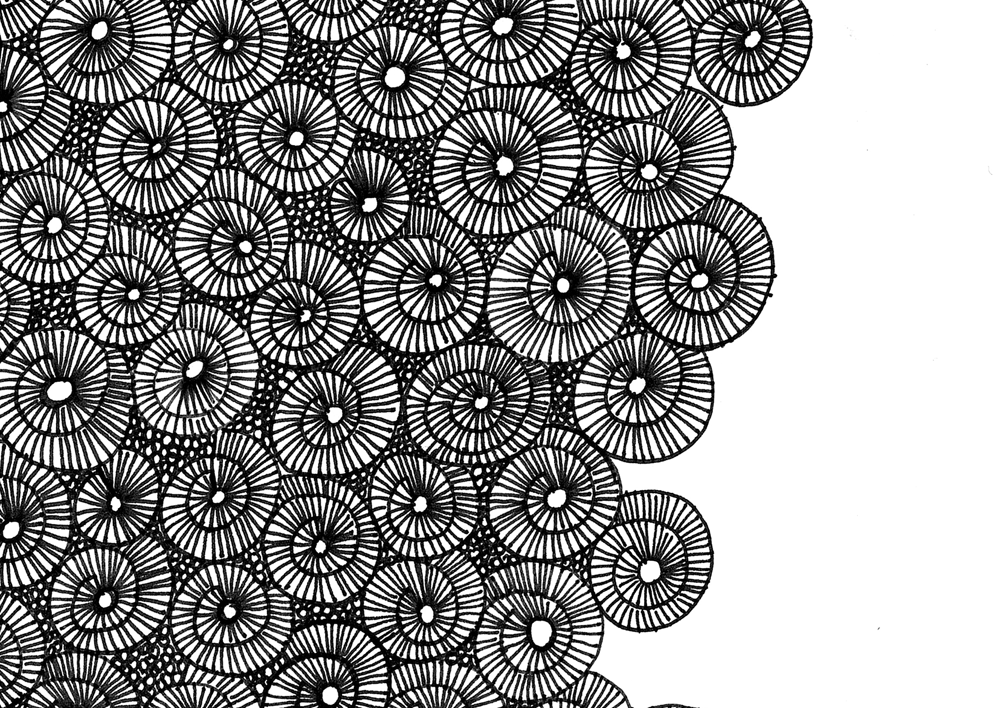The Infinite Future likes to mix its genres, stories, and narrators. Released in January 2018 by Penguin Press, Tim Wirkus’ work is a novel that is broken into two sections. There is the search for an ancient manuscript, and the manuscript itself: Two tales live within this one book.
Tag: Fiction
Book Review: Tim Wirkus’ The Infinite Future
My Darling Detective by Howard Norman
by Sarah Leamy
Norman is a master of atmosphere and despite the levity of the parallel detective stories, My Darling Detective has these touches of such realism that we, the readers, leave with a strong sense of the trauma of war on a personal level.
Night of the Spiders
Sheldon Bellegarde
[av_hr class=’custom’ height=’50’ shadow=’no-shadow’ position=’center’ custom_border=’av-border-fat’ custom_width=’100%’ custom_border_color=’#372a55′ custom_margin_top=’30px’ custom_margin_bottom=’30px’ icon_select=’no’ custom_icon_color=” icon=’ue808′ font=’entypo-fontello’ admin_preview_bg=”] It’s almost midnight but I have got to clean out my bedroom closet. It’s packed with junk and has, like, the most vicious spider problem this side of a radioactive-arachno movie. I’m delving into terror. At least I don’t have… Continue reading Night of the Spiders
Sheldon Bellegarde
Last Dog
Claire Burgess
Joel was worried about the dead dog in his trunk. Heat rose off the road in front of him, rippling the air like a photograph warping over a flame—he was beginning to regret his decision to pack the ice inside the trash bag with the dog. In this heat, he knew, the ice would be melting, soaking the fur, and if there’s […]
Comics = Cultural Criticism: An Interview with Bill Kartalopoulos
by Gina Tron
Comics take a bunch of images and put them together in a coherent and articulate way, where you go from image to image, and from text/image combination to text/image combination. Then you look at it all and it all adds up to something.
A Good Medicine
by Jude Whelchel
First Place, Howard Frank Mosher Short Fiction Prize
In celebration of their eleventh birthday, the mother orders her twins Sunday suits from the Sears and Roebuck, matching breech pants, double-breasted sailor coats with yellow neckties.
The Slide
by Jennifer Hasty
Runner Up, Howard Frank Mosher Short Fiction Prize
I’m sorry your study was ruined,” he said. “But I think those rats gave you an answer after all. Maybe not what you were looking for.
Living in Stereo: An Interview with Alex Green
by Jennifer Kathleen Gibbons
“California itself has appeared almost as a singular character throughout my writing, kind of like the hotel in The Shining, but less creepy — or more creepy, depending on how you view my work.” – Alex Green
Straight Forward: In Conversation with Fiction Writer Jensen Beach
by M. Demyan
It’s the things that come out of my own life or the reading that I’m doing, or things that I’ve heard from friends or whatever. But in this case, I think it’s just been an ongoing evolving project that had adapted to the realities of my own life…
We Are Pleased to Announce the Judges for Hunger Mountain’s 2016 Literary Prizes
The judges are: Janet Burroway- Howard Frank Mosher Short Fiction Prize Robert Michael Pyle – Hunger Mountain Creative Nonfiction Prize Lee Upton – Ruth Stone Poetry Prize Rita Williams-Garcia – Katherine Paterson Prize for Young Adult & Children’s Writing Janet Burroway, awarded the 2014 Lifetime Achievement Award in Writing by the Florida Humanities Council, is… Continue reading We Are Pleased to Announce the Judges for Hunger Mountain’s 2016 Literary Prizes
Where I Find Myself
P.E. Garcia
I’m in Philadelphia, on my couch, next to my dog. I’m trying to write nonfiction. I have published some fiction, so I think of myself as a fiction writer. I have published some poetry, so sometimes I think of myself as a poet. I have published a few essays, but I have never….
The 4-D Dog
by April Kelly
Honorable Mention, Howard Frank Mosher Short Fiction Prize
Considering the number of dog owners in America, it is safe to speculate that on any given day a small percentage of the population wakes to find an unpleasant mess on the floor, as did Dylan Carter one Thursday in March. The difference between him and the others who made such a discovery that morning is Dylan did not own a dog.
Random Sample
by Alan Sincic
Honorable Mention, Howard Frank Mosher Short Fiction Prize
So not but a week after the funeral and this thing, this crazy thing that happens. I’m trekking through Midtown – no temp job that day – past CBS Headquarters. You know, Black Rock. You’ve seen the pictures: black as a burnt marshmallow, thirty-eight floors of granite, kind of a cross between the Tower of… Continue reading Random Sample
by Alan Sincic
Honorable Mention, Howard Frank Mosher Short Fiction Prize
Theories
by B. Boyer-White
Honorable Mention, Howard Frank Mosher Short Fiction Prize
I have a mouthful of hot tea when it hits. A boom in the walls like a wrecking ball blow, then a whole series of them, pounding. Nothing breaks but the windows snake-rattle in their frames.
The Hierophant
Lee Ann Dalton
Today, as soon as I draw a card and flip it over, I know it’s going to be a shakedown day, so I call the absentee line and make my voice low and slow like his when he has to speak to anyone with any degree of authority.
A B.S. in Environmental Science
Rebecca Thomas
The streetlight coming in through the blinds stripes Berto’s face. He grins, and his teeth gleam white in the darkness, transforming him into the Cheshire Cat of Ash Street. “Undie run,” he whispers.
Saturday-Night Special
Terrance Manning, Jr.
Never go down to the ground with a wrestler.
And I’d shake my head all, Right, damn right, hell right, because it felt good to know he was a tough bastard, and I’d always, since I could remember, wanted to be a tough bastard.
Total War
Richard Farrell
With all four engines turning, one Superfortress rattles the ground like an earthquake….it sounds as if the brigades of Hell have been unleashed on Guam.
